1. Teacup Dogs Are Fragile

PickPik
One of the most common stereotypes about teacup dogs is that they are delicate and fragile, and unfortunately, this one is true. Due to their tiny size, teacup dogs are much more vulnerable to injury compared to larger breeds. Their bones are more brittle, making them prone to fractures or sprains from even minor accidents. Teacup dogs also have a limited ability to withstand extreme temperatures and might require extra care to prevent hypothermia or overheating. This fragility makes them less ideal for families with young children or active lifestyles that might inadvertently cause harm to these tiny pups.
2. They Require Special Care
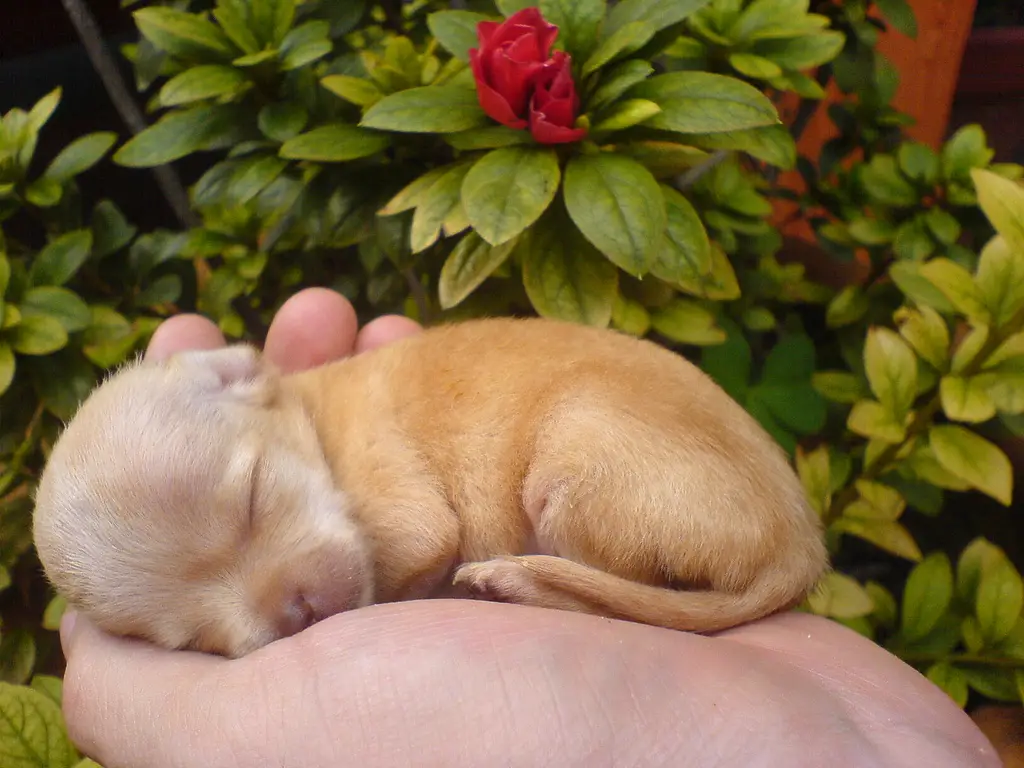
Wikimedia Commons
It’s widely believed that teacup dogs need extra attention, and this is certainly the case. Their small size often comes with unique health challenges that require specialized care. Teacup dogs are more prone to certain conditions like heart problems, respiratory issues, and hypoglycemia. They often need higher-quality, nutrient-rich food and more frequent vet visits. Their tiny frames also mean they can’t handle long walks or strenuous exercise, so their activity levels must be carefully monitored. With their sensitive nature and increased health risks, owning a teacup dog demands a higher level of commitment and attention to their specific needs.
3. Teacup Dogs Are Expensive

PICRYL
One stereotype about teacup dogs is their hefty price tag, and it’s true. These small breeds are often significantly more expensive than their regular-sized counterparts. The cost of teacup dogs can range from hundreds to thousands of dollars, depending on the breed and pedigree. The reason for their high price is that breeding teacup dogs requires special techniques to ensure that they remain small and healthy. Additionally, the cost of their healthcare can add up quickly, as teacup dogs often face more medical issues due to their size and fragile health. Their small stature also means they need specialized food and accessories, further driving up the overall cost of ownership.
4. They Can Be High Maintenance
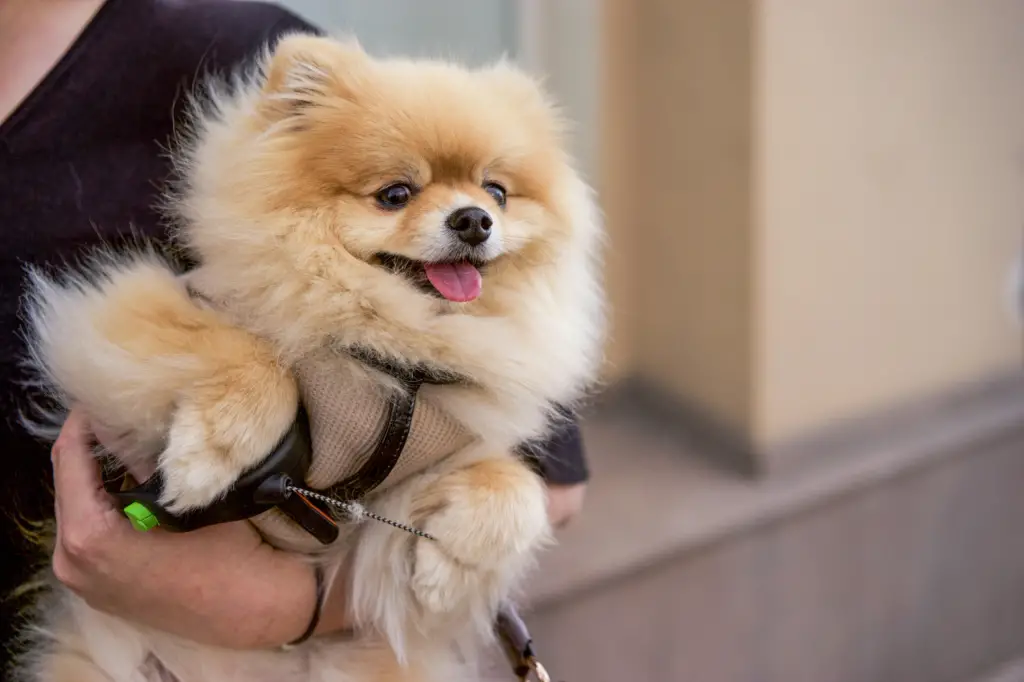
Pexels
It’s a common stereotype that teacup dogs are high-maintenance, and in most cases, this is true. While their tiny size may seem easy to manage, their care requires constant attention and maintenance. Many teacup dogs are prone to dental issues, which necessitate regular cleaning and vet check-ups. Their tiny mouths can also make it difficult to find the right toys and food, leading to additional care needs. Teacup dogs are also more susceptible to parasites and skin conditions, requiring frequent grooming. Moreover, they often need more frequent bathroom breaks than larger dogs, making them higher maintenance than the average dog.
5. They Have Big Personalities
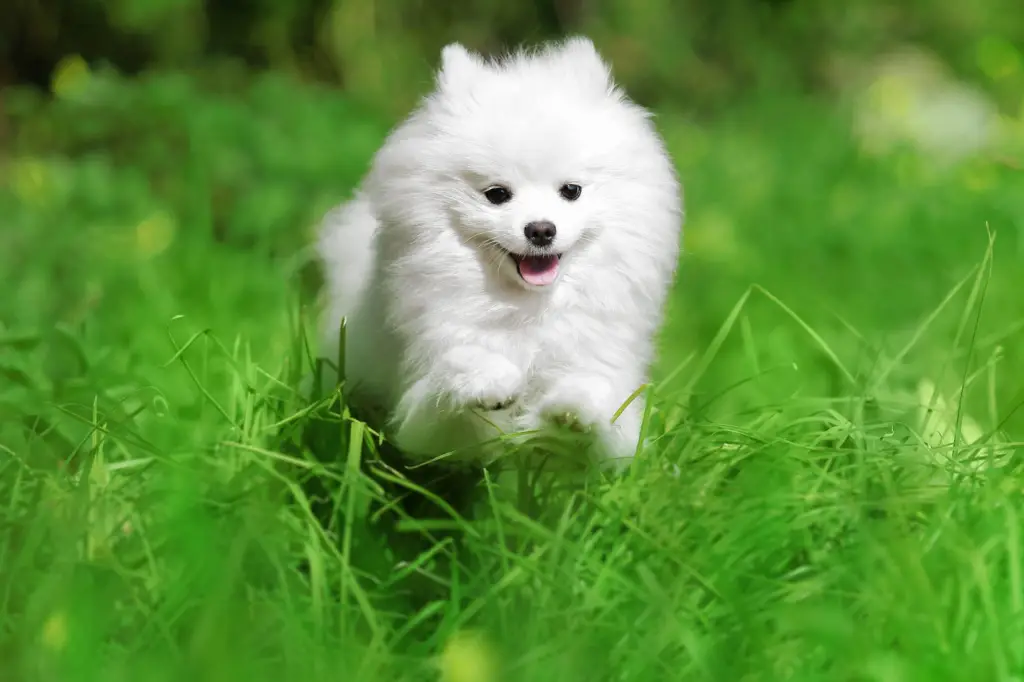
GoodFon
Teacup dogs are often seen as having big personalities despite their small stature, and this stereotype is largely accurate. Many teacup dogs exhibit bold, confident behaviors and are not afraid to stand their ground, even around much larger dogs. Their small size doesn’t hold them back from displaying their energetic and sometimes bossy nature. Teacup dogs can be fiercely loyal, playful, and social, demanding attention from their owners and even strangers. This larger-than-life personality is one of the traits that endears them to so many dog lovers, though it can also make them more challenging to manage.
6. Teacup Dogs Are Not Always Good with Children
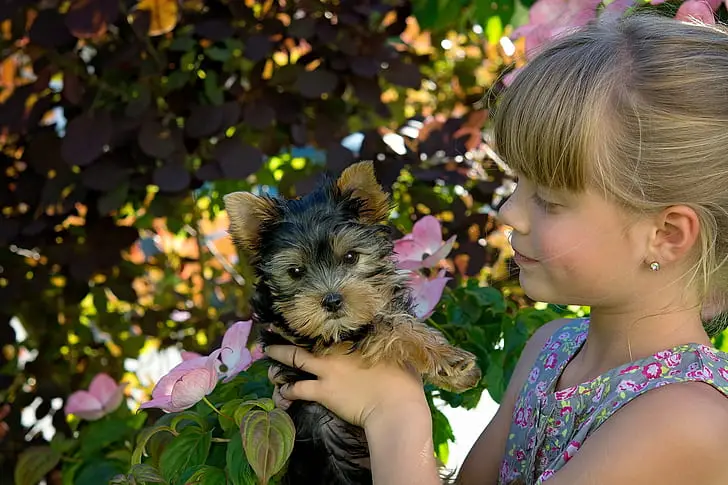
PickPik
While some may argue that teacup dogs are great companions for children, this stereotype often proves true in the negative sense. Due to their fragile bodies and easily frightened temperaments, teacup dogs may not always be the best fit for families with young children. Teacup dogs can be very sensitive to rough handling and might get anxious or aggressive if they feel threatened. Their small size makes them more vulnerable to injury, so they require gentle care. Children who do not understand the delicate nature of teacup dogs may unintentionally harm them, leading to stress and health problems for the dog.
7. They Are Prone to Health Problems

Flickr
It’s a well-known stereotype that teacup dogs have a variety of health problems, and unfortunately, this is true. Their small size often comes with a host of genetic issues, including heart defects, joint problems, dental issues, and respiratory complications. Many teacup dogs suffer from conditions like collapsed tracheas or patellar luxation, which can be painful and expensive to treat. Because of their fragile immune systems, they are also more susceptible to infections and other illnesses. Potential owners should be prepared for frequent vet visits and costly medical treatments, making health problems one of the most significant challenges of owning a teacup dog.
8. Teacup Dogs Are Often Prone to Separation Anxiety
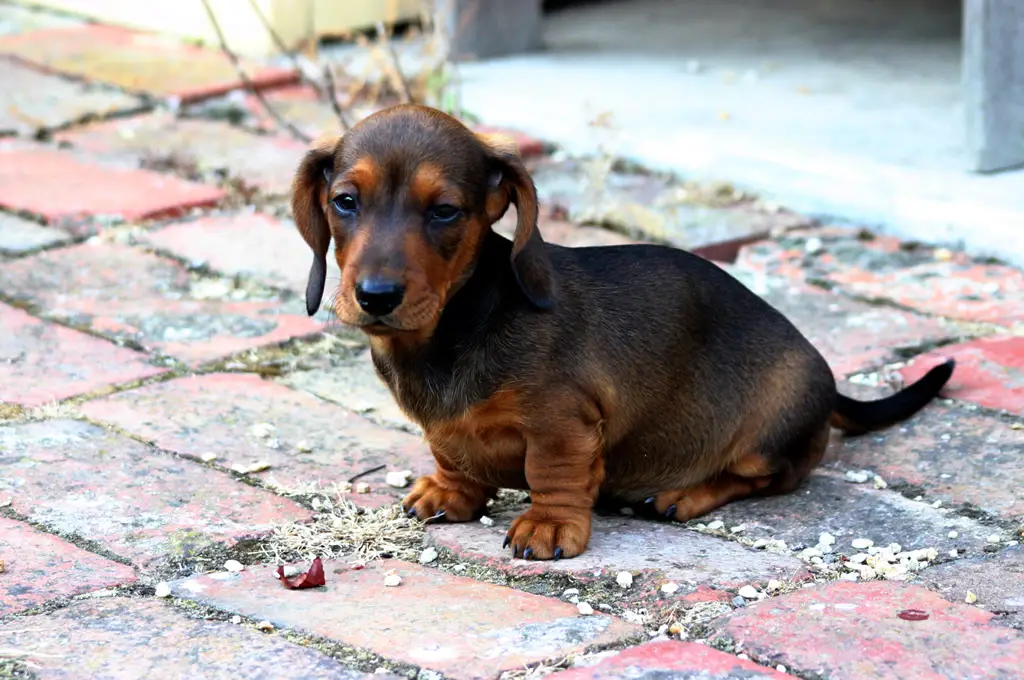
Wikimedia Commons
A stereotype surrounding teacup dogs is that they experience separation anxiety, and this often proves to be true. Due to their small size and affectionate nature, teacup dogs can become overly attached to their owners. When left alone, they may become anxious, leading to destructive behaviors like excessive barking, chewing, or even soiling the house. Teacup dogs are incredibly social animals that thrive on human companionship, and their dependence on constant attention can make it difficult for them to cope with being left alone for extended periods. Separation anxiety can be particularly challenging for teacup dogs and may require training or professional help to manage.
9. Teacup Dogs Are Often Overfed
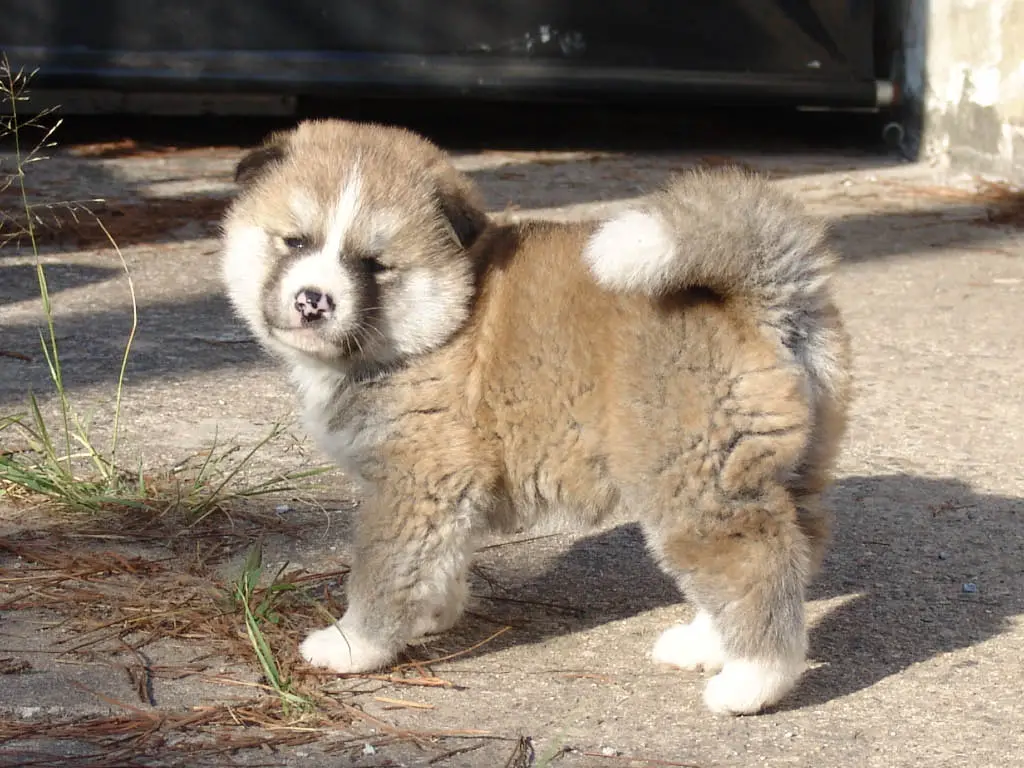
Wikimedia Commons
Many people believe that because teacup dogs are so tiny, they can be fed small portions of food without consequences. However, this stereotype often holds true in the sense that teacup dogs are often overfed. Their owners may not realize the dangers of overfeeding, assuming that small amounts of food won’t harm such a tiny dog. However, teacup dogs have small stomachs, and overfeeding can lead to obesity, heart problems, and other health issues. It’s crucial to carefully monitor their food intake and avoid feeding them too many treats, as even a small weight gain can negatively affect their fragile health.
10. Teacup Dogs Are Often Spoiled
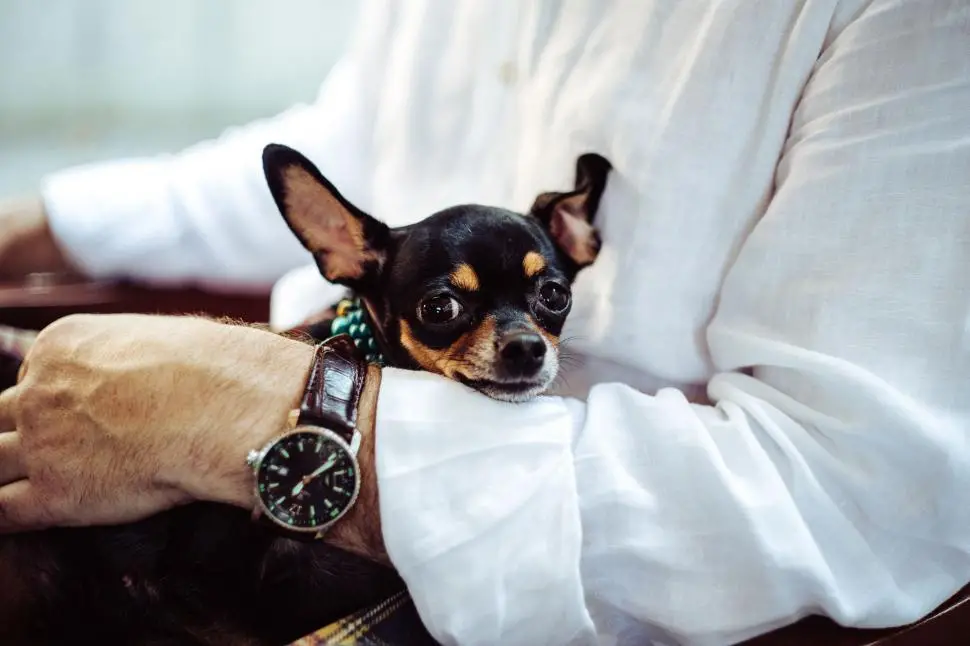
Freerange Stock
The stereotype that teacup dogs are spoiled is another truth for many owners. Given their small size and delicate nature, it’s easy for owners to pamper them, providing them with extravagant accessories, gourmet treats, and a level of attention that larger dogs may not receive. This tendency to spoil teacup dogs can sometimes lead to behavior problems, such as excessive barking or demanding attention. While it’s understandable to want to care for such a fragile dog, spoiling them too much can cause them to develop bad habits, making it harder to train them and maintain good behavior.
11. Teacup Dogs Are Trendy
Rawpixel
It’s often said that teacup dogs are trendy, and this stereotype rings true for many owners who seek them out because of their cuteness and popularity. Teacup dogs have become fashionable among celebrities and social media influencers, further elevating their status as trendy pets. While this trend has led to an increase in demand for these tiny dogs, it has also contributed to unethical breeding practices. Some breeders prioritize appearance over health, leading to teacup dogs with significant medical issues. As a result, the “trendiness” of teacup dogs often comes with a darker side, where the dogs’ well-being may be compromised for the sake of their popularity.
12. They Don’t Live as Long as Larger Dogs

PickPik
A common stereotype about teacup dogs is that they don’t live as long as larger dogs, and this one can be true. While some teacup dogs can live for many years with proper care, their fragile health and susceptibility to various diseases can shorten their lifespan. Teacup dogs are more prone to genetic disorders, which can lead to complications that affect their overall longevity. Their small size can also make them more vulnerable to injuries and illnesses, which can shorten their life expectancy. As a result, teacup dogs may not live as long as their larger counterparts, making them a short-term commitment for some owners.


